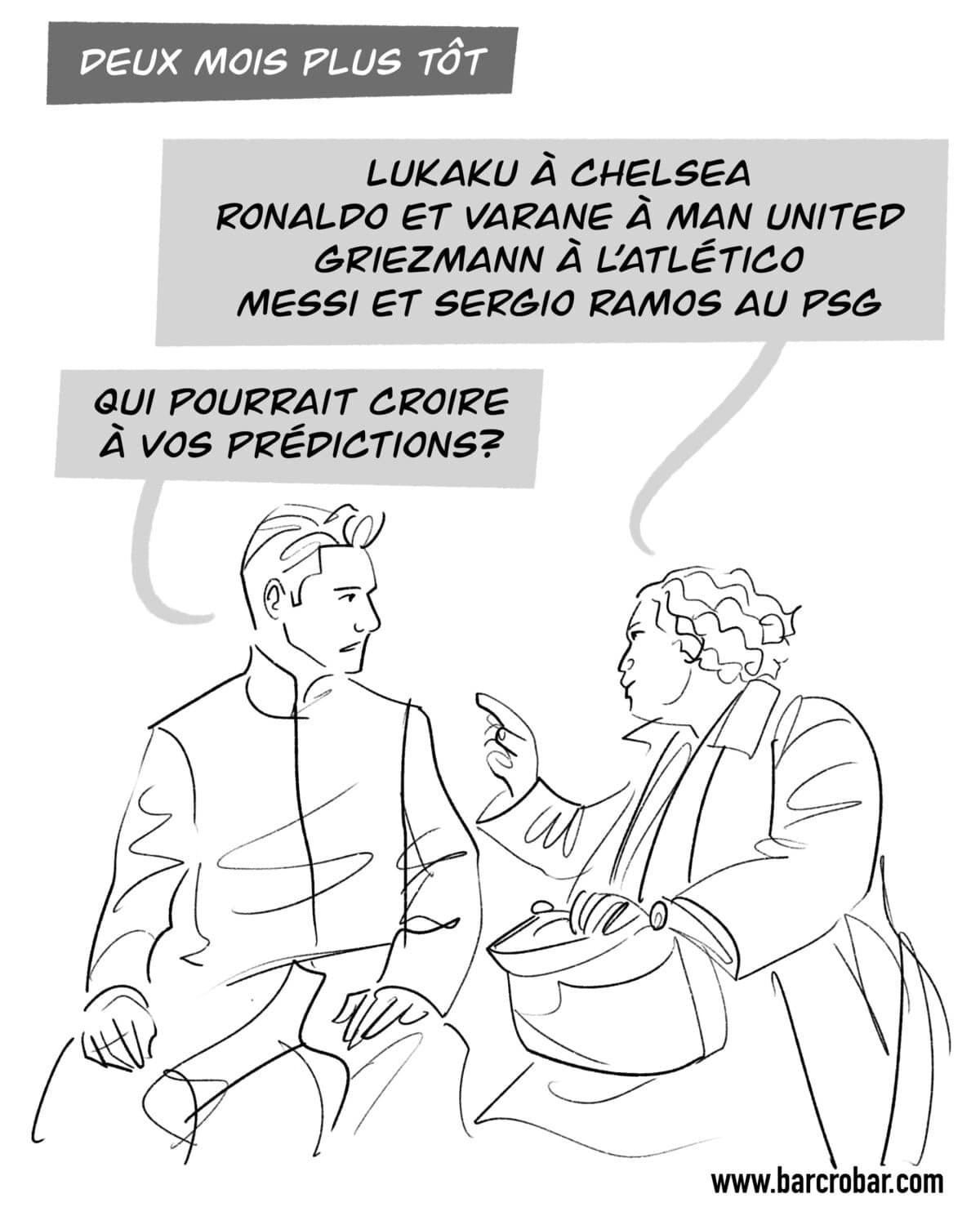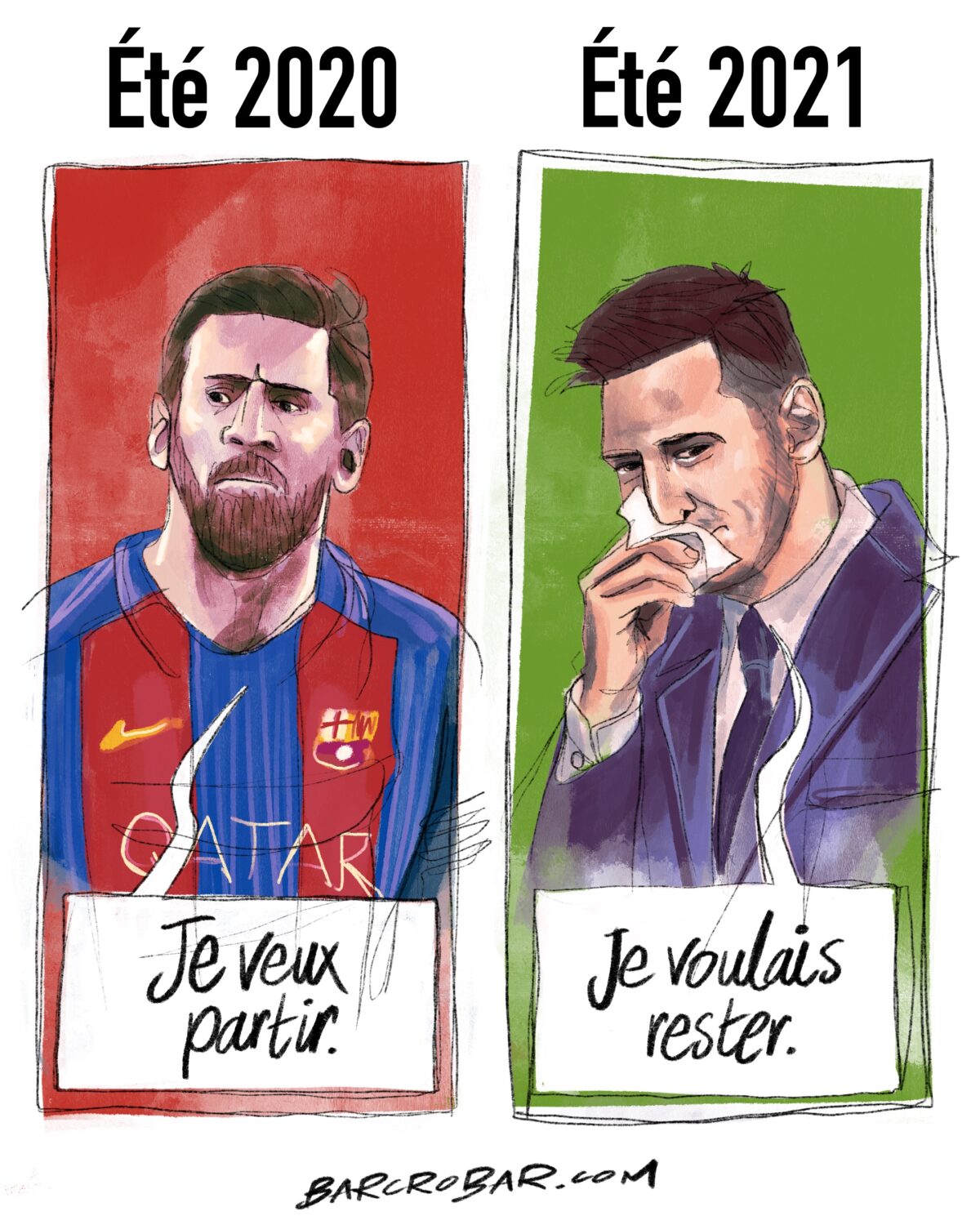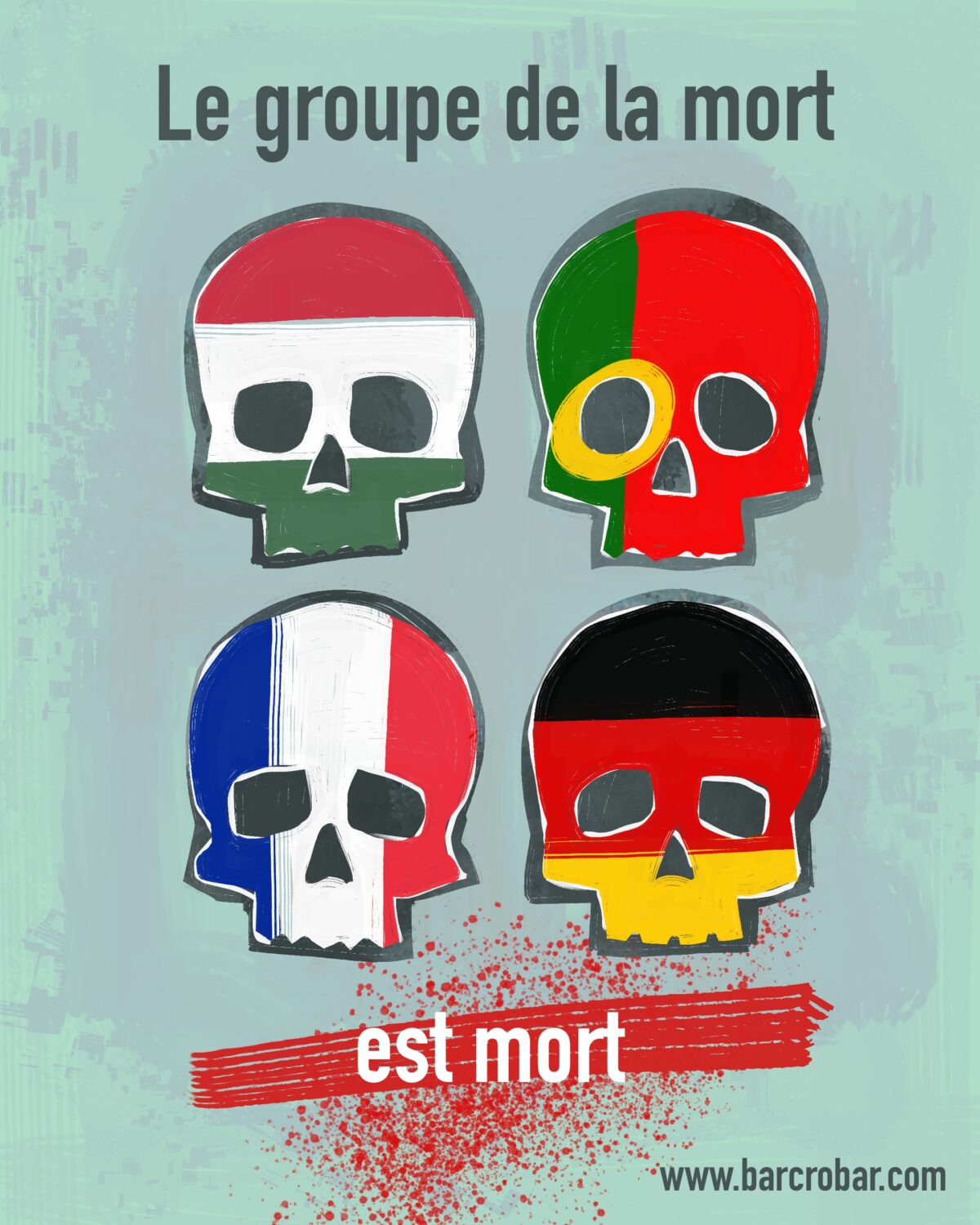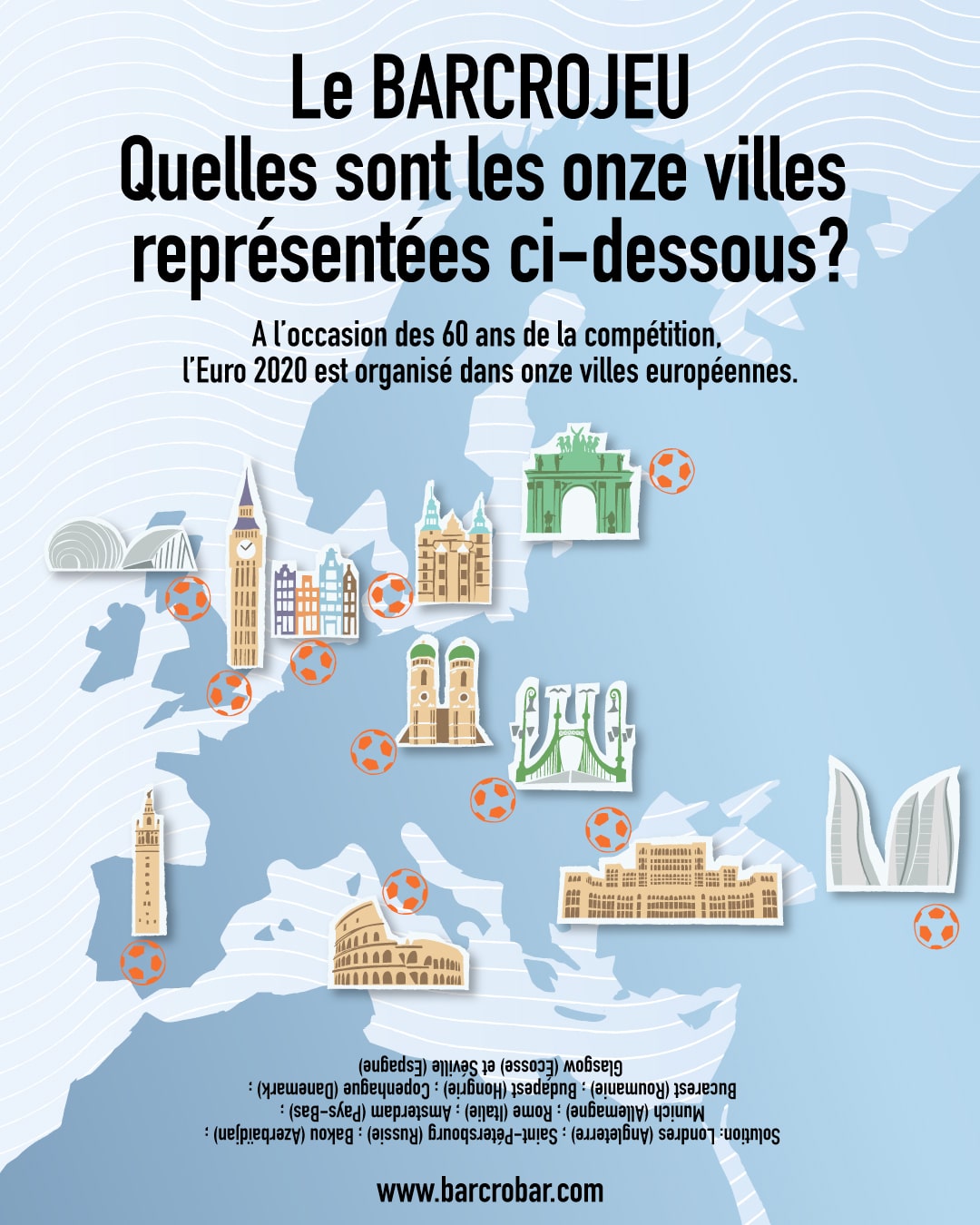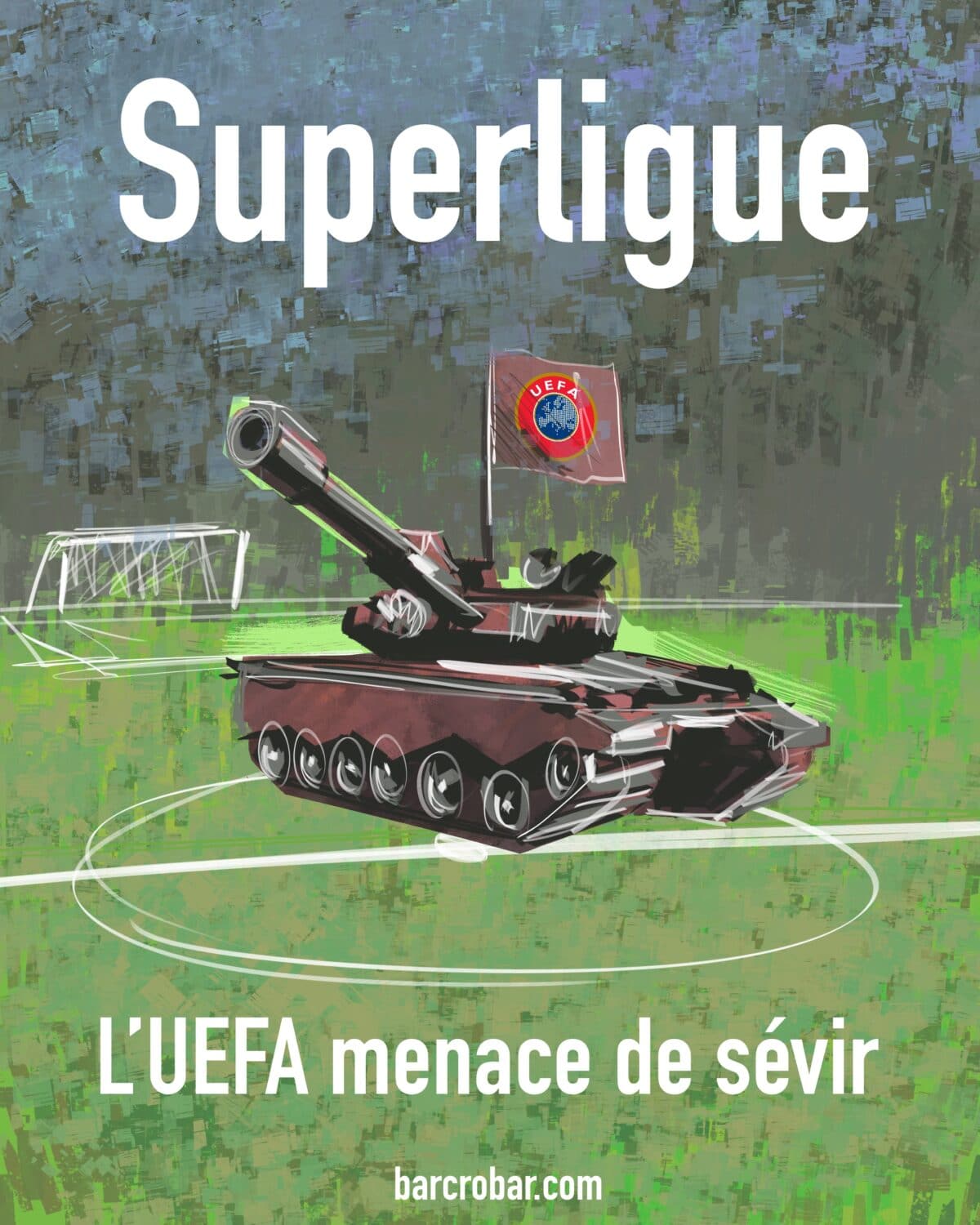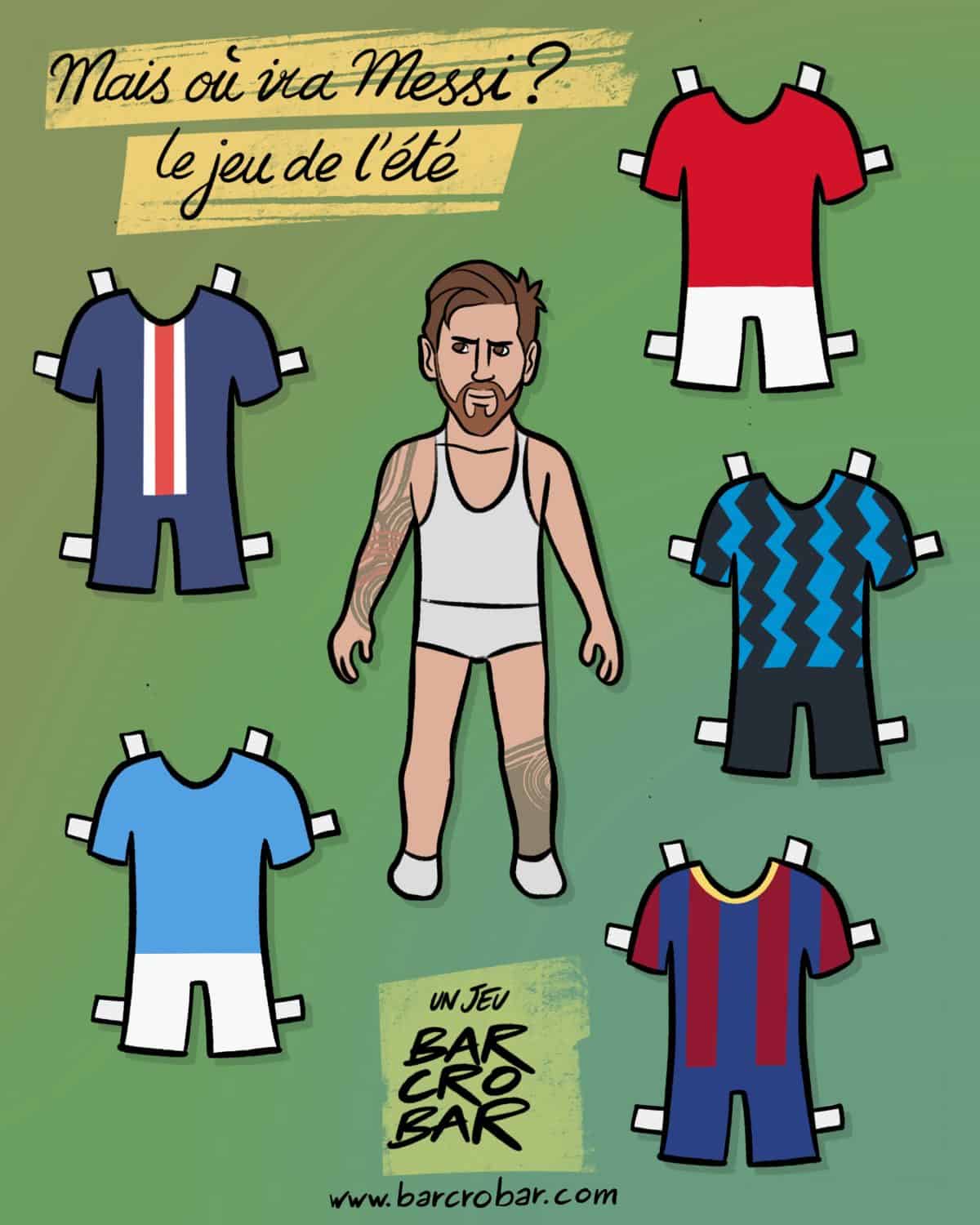This summer's mercato will live long in the memory. Firstly, because of Lionel Messi's spectacular arrival at Paris Saint-Germain. But also because of Cristiano Ronaldo's return to Manchester United.
But the movements of the two most successful Ballon d'Or winners - six for the Argentinian and five for the Portuguese - conceal another reality: the health crisis has put a strain on the finances of European clubs, most of whom have had to limit their spending. Here are the key figures from the summer mercato.
Spending still on the decline
With the exception of the Bundesliga, the major European leagues spent less during the 2021 summer mercato than they did last year, which was already marked by a sharp decline caused by the Covid-19 pandemic. Of the five major European leagues, Italy's Serie A and Spain's La Liga saw the biggest falls (-25 % and -27 % respectively).
The Premier League as dynamic as ever
The Premier League is indeed the most powerful league in Europe: despite the difficult economic climate, English clubs spent over €1.5 billion on transfers this summer. That's almost three times more than all the clubs in Ligue 1 put together.
The transfer of Jack Grealish to Manchester City (€117.5 million), Romelu Lukaku to Chelsea (€115 million) and Jadon Sancho to Manchester United (€85 million) were the three biggest European moves of the mercato.
Serie A: renewed appeal after the UEFA EURO?
Following the 'Squadra Azzura's' Euro triumph, Italy's Serie A is set to enjoy a resurgence in popularity for the 2021-2022 season. The Italian league has lost Cristiano Ronaldo, Gianluigi Donnarumma and Romelu Lukaku, but it has managed to retain a large number of players from the European champion national team.
In total, Italian clubs spent 552 million euros on transfers. This is considerably less than last year (732 million).
German Bundesliga maintained
German clubs are the only ones to have spent more in 2021 than in 2020 (+42 %). However, according to KPMG, the German league has suffered the most from the closure of stadiums due to Covid, with losses of €157 million for the 18 clubs in Germany's top flight. By comparison, Ligue 1 lost €48 million in ticket revenue.
Last season's runners-up, RB Leipzig, confirmed their rise to prominence by spending €107.8 million this summer, more than three times as much as last year. Bayern Munich, for their part, dropped 57.5 million, compared with just over 62 million the previous year. In total, German clubs spent €416 million on transfers.
Ligue 1 led by PSG
As has been the case every year since the summer of 2011-2012, Paris Saint-Germain are the biggest spenders at the French mercato. This summer, the club paid over €80 million, including almost €60 million to acquire the services of Moroccan international Achraf Hakimi.
Another highlight of the French mercato was the arrival of Lionel Messi in Paris. The transfer cost Paris Saint-Germain nothing, as 'La Pulga' was at the end of his contract with Barcelona. Finally, the story of Kylian Mbappé's possible departure for Real ended in a non-event. For the time being.
Behind the Paris giants, Stade Rennais were the biggest spenders in France, splashing out almost €80 million on seven players, including Montpellier striker Gaëtan Laborde. In search of reinforcements in the final days of the summer transfer market, Olympique Lyonnais ended the transfer window almost empty-handed.
Austerity cure for Spanish Liga
Spanish top flight clubs spent a total of 293 million euros during the summer mercato, compared to almost 400 million last year (-27 %). This was due to the austerity measures imposed on clubs across the Pyrenees, including the introduction of a wage cap. In first place, Atlético Madrid have spent 65 million euros but have not yet paid anything to bring back Antoine Griezmann. The French world champion, who left the club for Barcelona two years ago, has returned on loan after two disappointing seasons in Catalonia. 1
Real Madrid completed just one transaction to acquire French midfielder Eduardo Camavinga on the final day of the mercato for €31 million (excluding bonuses). Austrian defender David Alaba, meanwhile, arrived on a free transfer. Faced with serious financial difficulties and heavily penalised by the salary cap, which forced them to let Lionel Messi go, Barcelona spent just €15 million.
text by PERRUCHE Clément lesechos.fr

